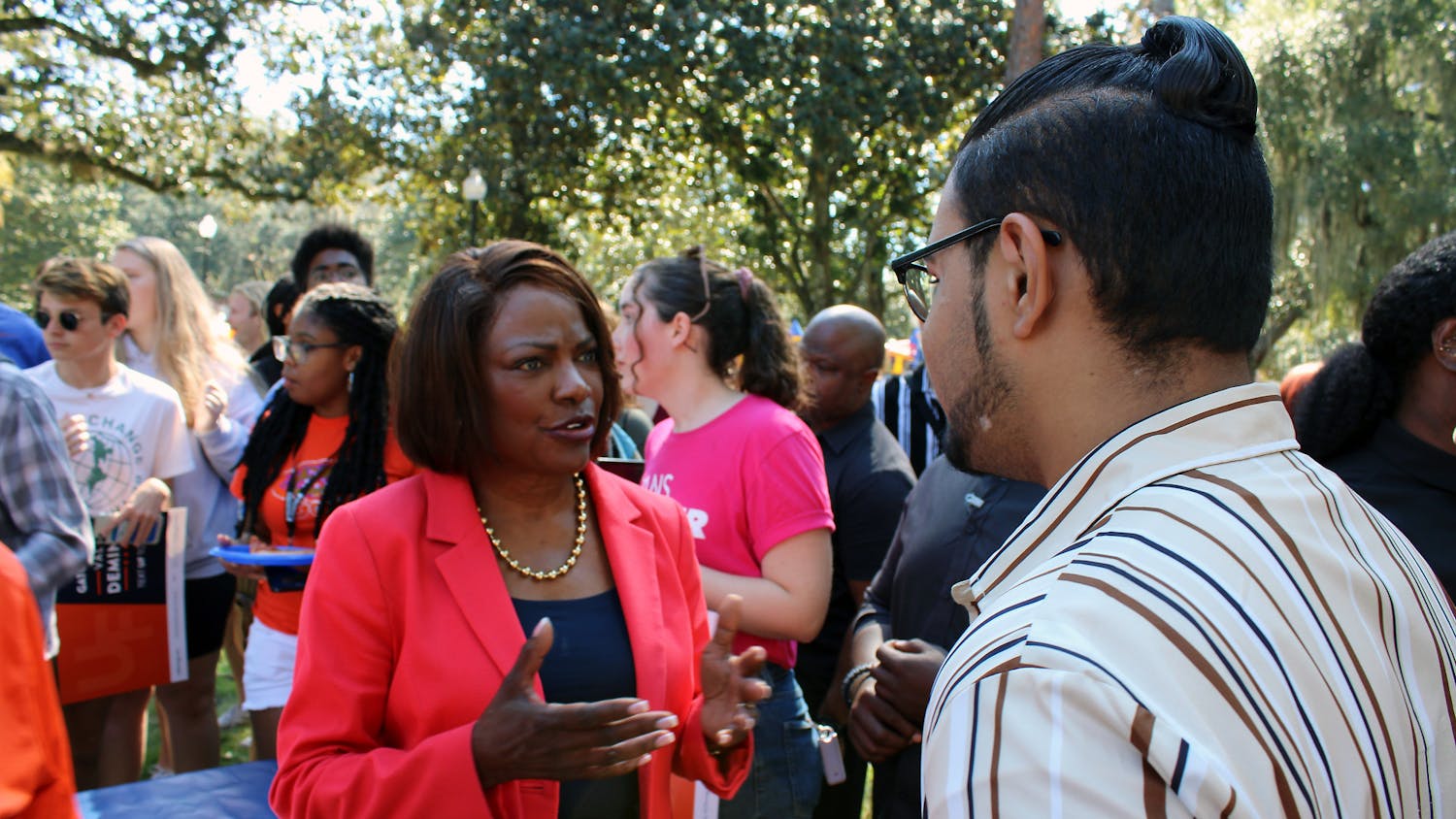The destructive algal bloom that continues to ravage Florida’s coast has shown us that if Florida Gov. Rick Scott won’t work to save our environment, we must elect new leaders who will. As the university with the closest ties to the research, it’s our duty to educate Florida about the need for political action to prevent future destruction from algal blooms known as red tide.
UF researchers have teamed up with the Florida Board of Education, the National Oceanic and Atmospheric Administration and several Florida cities in a partnership called the Florida Sea Grant. Among other things, the partnership has researched the red tide in depth. The more we examine the toxic algal blooms killing fish and ruining Floridian coastlines, the more we come to know the problem is out of control, and Scott’s administration could be doing more to stop it.
Red tide blooms are caused by a plant-like organism that naturally lives along Florida’s coast, according to Florida Sea Grant. It grows rapidly from time to time in events called ‘blooms,’ and these blooms, also known as ‘red tide’ because of the organism’s color, have been occurring since before humans settled Florida’s coast. The organisms also produce toxins that kill marine life. But although they are natural, red tides can be worsened by nutrients and fertilizers humans introduce into the environment from agriculture.
Heavy rainfall, like that from Hurricane Irma or other tropical storms, can wash nutrients out of the soil and into lakes, estuaries and rivers that all flow into the waters off Florida’s west coast. Our agricultural industry, especially sugar production, is partly responsible for adding excess nutrients into the watershed. Combined with a bump of just a few degrees in temperature, it’s a recipe for a toxic bloom that has killed scores of wildlife.
At least 90 sea turtles washed up and were stranded on the beach. A whale shark, a manatee and hundreds of seabirds from pelicans to cormorants have sickened or died. Pictures of Florida bays, harbors and marinas reveal carpets of dead fish floating at the surface, packed so tightly the water isn’t visible. After dying en masse, the decomposing marine life provides additional nutrients that further fuel the red tide. As long as the months are hot, the tide will likely continue.
According to the Florida Sea Grant, the algal blooms will become more intense and more toxic with rising temperatures. So why should we take action against red tide? For starters, Florida’s tourism industry relies on beaches — 18.6 million tourists visit them each year. According to William B. Stronge, a professor of economics at Florida Atlantic University, 450,000 jobs were created by Florida beaches in 2012 alone.
But right when we should be doing more than ever to prevent red tides and algal blooms, Scott has done little to address the looming crisis. He has rolled back regulations on septic tank inspections, even though leaky septic tanks are thought to be a contributing factor in keeping algae blooms going, like “pouring gasoline on a fire,” according to the Tampa Bay Times. Scott has been inactive in regulating sugar cane farming and its nutrient-rich runoff into Lake Okeechobee, which concerns environmentalists most. The sugar cane industry is directly contributing to the destruction of Florida’s environment, but it should come as no surprise that Scott isn’t stopping the pollution — he’s taken over $600,000 in campaign donations from sugar interests.
Florida residents should recognize that climate change and algal blooms are threats to their health and to their pocketbooks. Our economy depends on having clean, attractive beaches. The next Florida governor should step up and act on red tide and climate change as Scott steps down. Florida cannot afford further delay on either issue.






